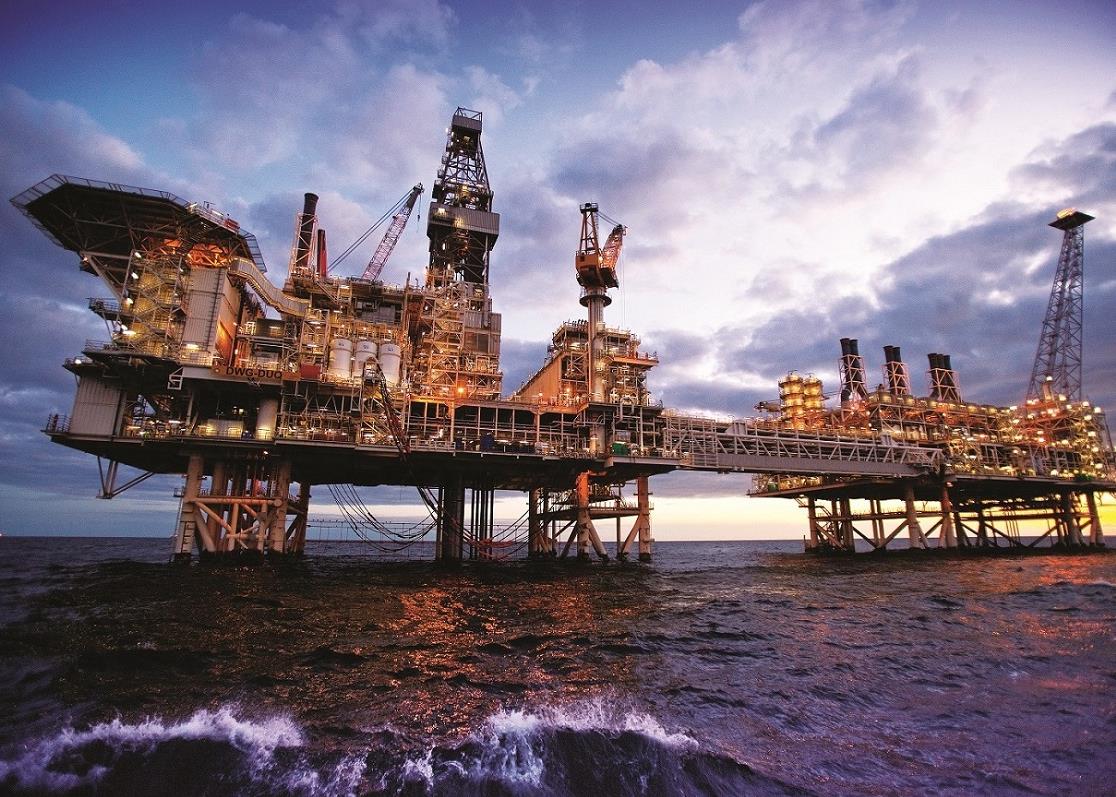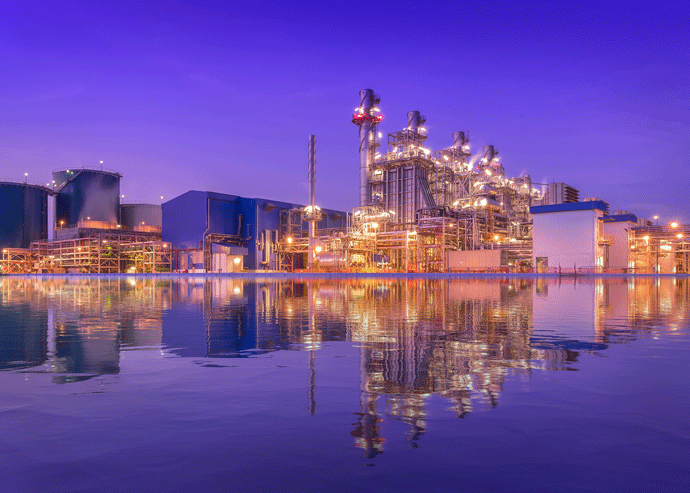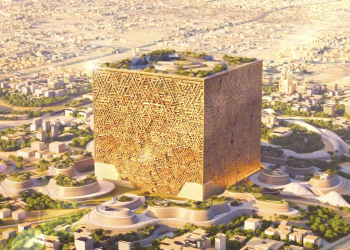
Former US-Ambassador writes about spillover effect from domestic improvement drive in leaked cable
Abu Dhabi is starting to increase its presence on a federal level by expanding the influence of local government entities to other emirates, a former US ambassador to the UAE has said in a leaked communiqué.
The government bodies serve the primary purpose of improving the socio-political situation in Abu Dhabi, and some of them are starting to become active across the Emirates, according to a cable by Richard Olson, who served as ambassador until May 2011.
His cable was sent from the embassy in Abu Dhabi to Washington on 7 January 2010, and was published on whistleblowing website Wikileaks on 30 August 2011.
At the time, the UAE’s largest emirate was already busy creating a portfolio of new local authorities. Since the death of Abu Dhabi’s ruler Sheikh Zayed bin Sultan al-Nahyan in 2004, crown prince Mohammed bin Zayed has driven the expansion of the sector with the aim of improving the living quality of Emirati citizens and the popularity of the government.
“We must do our best…to ensure [residents and their children] are secure, safe, happy, and healthy,” the crown prince is quoted as telling a US official in the cable.
The new institutions supplement existing federal ministries, and benefit from Abu Dhabi’s wealth, the extensive use of foreign expertise, and flexible employment conditions, which allow them to dismiss non-performing staff.
“Usually these entities are stood up to plug existing gaps in federal institutions,” Olson told Washington. He mentions as examples the Abu Dhabi Education Council and the Environment Agency.
Olson asserts that Abu Dhabi’s was also starting to become more active across its boundaries through the new authorities. Olson refers to the Federal Health Authority as an Abu Dhabi entity to take over responsibilities from a federal authority, with the authority taking over policy-making and oversight responsibilities from the federal Ministry of Health.
“The December 22 [2009] announcement that the President had established a Federal Health Authority to take over the executive responsibilities of the Ministry of Health provides a concrete example of how Abu Dhabi’s model could be expanded,” Olson wrote.
So far the influence of these entities seems to have remained limited, similar to the scope of federal institutions.
“In terms of social policy like health and economic policy, education, and so and so on, that’s still largely operating on an emirate level,” saysTaufiq Rahim, an independent analyst based in Dubai.
Olson says that there is no evidence that the oil-rich emirate is trying to gain influence in neighbouring Dubai through its bail-out of the emirate in the wake of the global financial crisis.
“While many have surmised that Abu Dhabi would seek certain political concessions for its (at least) $25 billion financial support for Dubai in 2009, there is little indication of a coerced quid pro quo.”
But experts say that Abu Dhabi’s influence has grown, if not through by overt means. “In terms of security and foreign policy Abu Dhabi has reasserted itself. They have taken the lead in circumscribing whatever independent qualities Dubai had,” says one political commentator. This trend is particularly painful when it comes to trade relations with Iran, traditionally a cornerstone of Dubai’s economy.
Abu Dhabi’s socio-economic efforts outside of the emirate have focused largely on the Northern Emirates, says Rahim.
“I wouldn’t say that in the last year we’ve seen Abu Dhabi entities fully taking on a national role,” he says. “But what you did have is an increased focus on the northern emirates.”
Rahim points to the Khalifa Fund, an Abu Dhabi-funded entity that provides loans to support small and medium scale enterprises, as an example.
Apart from beneficial organisations, the Critical National Infrastructure Authority has already been active in another emirate, providing security for the Abu Dhabi Crude Oil Pipeline running from Abu Dhabi’s Habshan installations to Fujairah’s coastline on the Indian Ocean.
Abu Dhabi-controlled International Petroleum Investment Company (Ipic), the owner of the pipeline running through Fujairah, is also going ahead with a $3 billion refinery on the emirate’s coast.
Links between Abu Dhabi and Fujairah have traditionally been close, Olson writes in the cable.
The close relationship between the two emirates was recently demonstrated when Abu Dhabi pledged to invest $1.6 billion in Fujairah’s power and transport infrastructure in a bid to stave off popular discontent at its poor neighbour during the Arab Spring.
The regional unrest has forced Abu Dhabi’s to widen the financial assistance to its federal neighbours. When Dubai, which still faces fiscal constraints, stopped contributing to petrol subsidies provided to the UAE’s five poorer emirates in June, Abu Dhabi stepped into the breach. Abu Dhabi National Oil Company (Adnoc) has since started to replace the Dubai-owned petrol stations that closed down outside the emirate. Selling more petrol at subsidised rates increases the losses on domestic fuel sales, but Abu Dhabi is unwilling to interrupt the supply cheap of petrol for fear of sparking revolt.
You might also like...

Adnoc Offshore awards Upper Zakum contract
17 April 2024

Oman awards Batinah coastal road contract
17 April 2024

Oman appoints Al Khuwair Downtown project manager
17 April 2024
A MEED Subscription...
Subscribe or upgrade your current MEED.com package to support your strategic planning with the MENA region’s best source of business information. Proceed to our online shop below to find out more about the features in each package.





